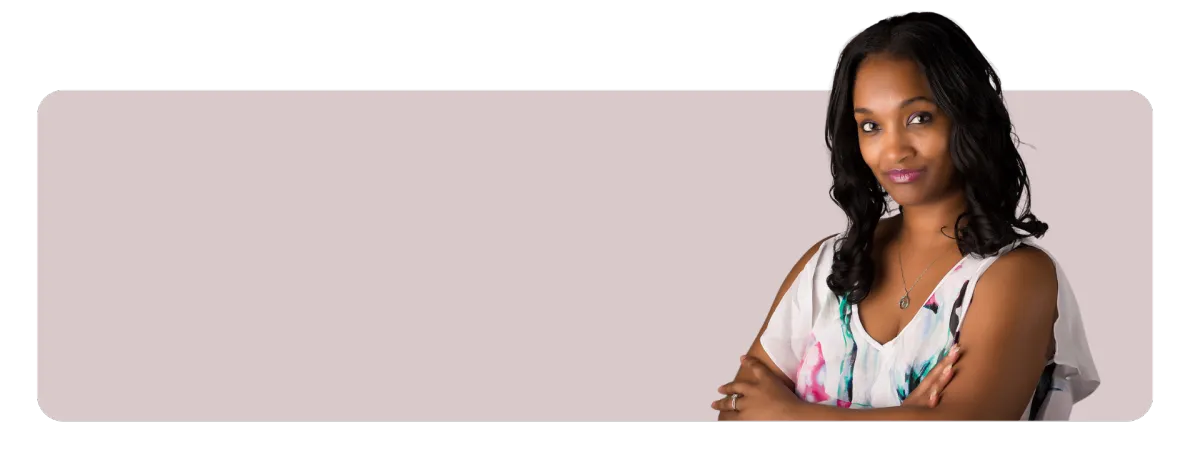Your Journey Starts Here
Personalized lending guidance for firs-time buyers

Got Questions?
We've Got Answers.
First-Time Homebuyer
Welcome to Your Homeownership Journey!
Embarking on the journey of buying your first home is both exciting and rewarding, but it can also feel overwhelming. We’re here to guide you every step of the way! This comprehensive resource is designed specifically for first-time homebuyers, providing essential information, helpful tips, and expert insights to make your experience as smooth as possible. From understanding loan options to navigating the homebuying process, we’ve got you covered. Let’s turn your dream of homeownership into a reality!

Quick Overview
Buying your first home is a significant milestone that comes with excitement and a few challenges. Understanding the process, your options, and what to expect can help ease any apprehensions you may have. This guide will walk you through every aspect of becoming a homeowner, from financing options to closing the deal. You’re taking a major step toward building your future, and we’re here to ensure you have the information you need every step of the way!

Qualify for a
First-Time Homebuyers Mortgage
To qualify for a First-Time Homebuyers mortgage, you must meet these key requirements:

Eligibility & Residency
You must be a first-time homebuyer — this usually means you haven’t owned a primary residence in the past 3 years. U.S. residency and stable housing history may be required by lenders.

Income & Credit Requirements
Most programs require a minimum credit score (typically 580–620) and a debt-to-income ratio under 43%. But don’t worry — flexible loan options and assistance programs exist for a wide range of financial situations.

Property & Program Guidelines
The home must be your primary residence and meet basic property standards. Some down payment assistance programs also require completion of a homebuyer education course.
Let's Chat About It
Schedule a Consultation with Brigett
How It Works
There are 9 steps to getting approved for a First-Time Homebuyers Mortgage
Click each picture to view additional information on each step.

Step 1: Determine Your Budget
Evaluate your income, expenses, and savings to know how much you can afford.

Step 2: Get Pre-Approved
Speak with a lender and get pre-approved to show sellers you're serious.

Step 3: Find a Real Estate Agent
Partner with a qualified real estate agent to guide and advocate for you.

Step 4: Start House Hunting
Tour homes and explore neighborhoods that fit your lifestyle and budget.

Step 5: Make an Offer
Work with your agent to submit a competitive offer and negotiate terms.

Step 6: Schedule a Home Inspection
Ensure the home is in good condition and catch any surprises early.

Step 7: Finalize Your Mortgage
Submit your documents, lock your rate, and prepare for closing.

Step 8: Closing the Sale
Sign the final paperwork and get the keys to your new home!

Step 9: Move In!
Plan your move, unpack, and start settling into your new home.
How Much Can I Afford?
Estimate your monthly mortgage payment
Closing costs are assumed at 6% but can range between 2–6% depending on your situation. Interest rate, taxes, insurance, and PMI are all estimated.
Ready to Take the First Step?
Let's get started! Fill out the form below.
What client say about us

Lorem Ipsum is simply dummy text of the printing
and typesetting industry. Lorem Ipsum has been
he industry's standard dummy text ever since the
1500s, when an unknown printer took a galley of
type and scrambled.

Darcel Ballentine
Barone LLC.

Lorem Ipsum is simply dummy text of the printing
and typesetting industry. Lorem Ipsum has been
he industry's standard dummy text ever since the
1500s, when an unknown printer took a galley of
type and scrambled.

Darcel Ballentine
Barone LLC.
FIRST-TIME HOMEBUYERS FAQ's
We understand that buying your first home can feel both exciting and overwhelming. This FAQ section is designed to answer your most common questions and help you navigate the journey with clarity and confidence. Whether you're curious about credit requirements, down payments, or how the process works, we’re here to make homeownership feel achievable and less intimidating.
What is a first-time homebuyer?
A first-time homebuyer is generally defined as someone who has not owned a home in the past three years.
What credit score do I need to qualify for a mortgage?
Credit score requirements vary depending on the type of loan, but here are some general guidelines:
Conventional Loans: Typically require a credit score of 620 or higher. A higher score may help you qualify for better interest rates and lower costs.
FHA Loans: Allow for credit scores as low as 580 with a 3.5% down payment. If your score is between 500–579, you may still qualify with a 10% down payment.
VA Loans and USDA Loans: These programs don’t set a specific minimum credit score, but most lenders look for a score of at least 620.
Keep in mind that your credit score is just one part of the approval process—your income, debt, and overall financial picture also play a role. If your score is lower, I can help you explore options or work on improving your credit before you apply.
How much money do I need for a down payment?
The amount required for a down payment can vary based on the type of loan you choose and your financial situation. Here’s a quick breakdown:
Conventional Loans: Typically require a down payment of 3% to 20%. If you put down less than 20%, you may need to pay for private mortgage insurance (PMI).
FHA Loans: Allow down payments as low as 3.5% for borrowers with a credit score of 580 or higher. Borrowers with lower credit scores may need a higher down payment.
VA Loans: These loans for veterans and active military members often require no down payment at all, making homeownership more accessible.
USDA Loans: Designed for rural homebuyers, USDA loans may also offer zero down payment options if you meet eligibility requirements.
Remember, additional costs such as closing costs and reserves may also factor into your budgeting, so it's essential to plan accordingly!
If you don’t have enough saved for a down payment, don’t worry—there are down payment assistance programs available that can help cover all or part of the required amount. These programs typically provide assistance ranging from 3.5% to 5%, depending on the guidelines, helping make homeownership more attainable for qualified buyers.
What are closing costs, and how much should I expect?
Closing costs are fees associated with completing the sale of your home, including origination fees, appraisal fees, title insurance, and more. They typically range from 2% to 5% of the home’s purchase price, so it’s essential to budget for them in addition to your down payment.
Do I need to hire a real estate agent?
While it’s not required, a real estate agent can provide valuable insights, help you navigate the process, and advocate on your behalf.
How long does the homebuying process take?
The timeline for buying a home can vary widely depending on factors such as market conditions, the time it takes to secure a mortgage, and negotiation periods for offers. On average, the entire process can take anywhere from a few months to several months, so it’s essential to plan accordingly.
What is earnest money?
Earnest money is a deposit made to show your commitment to purchasing a home. This amount is held in escrow and typically ranges from 1% to 3% of the purchase price. It may be applied toward your down payment or closing costs if the purchase goes through.
Should I get a home inspection?
Absolutely! A home inspection is crucial as it helps identify any potential issues with the property before purchase. It gives you a clearer picture of the home's condition and can help you negotiate repairs or credits with the seller.
What happens if my offer is rejected?
It’s common for buyers to experience rejected offers, especially in a competitive market. If your offer is rejected, you can discuss with your agent about making a stronger offer or consider looking at other available properties that fit your criteria.
Can I negotiate the price of the home?
Yes! Negotiating is a standard part of the home-buying process. Your real estate agent will help you determine a competitive offer based on market conditions and property value, and they will assist you in negotiating with the seller.

Experience the
Difference
Let's chat about your options
Experience the Difference
Let's chat about
your options

Empowered by NEXA Mortgage LLC
